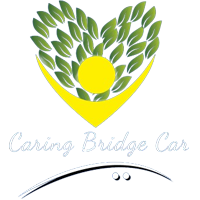Medication management in a care home involves the safe and effective handling, administration, and monitoring of medications for residents. It’s a critical aspect of care to ensure that residents receive the right medications, at the right doses, and at the right times. Here’s how medication management typically works in a care home setting:
Trained staff members, such as nurses or medication aides, are responsible for administering medications to residents according to prescribed schedules. They follow specific protocols to ensure accuracy and safety in medication administration.
Before starting a new medication, residents undergo a comprehensive assessment to evaluate their medical history, current health status, allergies, and potential drug interactions. This helps healthcare providers determine the most appropriate medications for each resident’s needs.
Healthcare providers, typically physicians or nurse practitioners, prescribe medications based on residents’ individual needs. Medications are then ordered from pharmacies and dispensed in unit-dose packaging or blister packs to facilitate accurate administration.
Medications are stored securely in designated areas within the care home to prevent unauthorized access and ensure their integrity. Controlled substances are stored in locked cabinets or automated dispensing machines to prevent diversion or misuse.
Staff members document each instance of medication administration in medication administration records (MARs). MARs include details such as the resident’s name, medication name, dosage, route of administration, time of administration, and signature of the staff member administering the medication.
Staff members monitor residents for any adverse reactions or side effects associated with medications. They also conduct regular medication reviews to assess the effectiveness of treatment and identify any necessary adjustments or modifications.
Residents and their families receive education and counseling on their medications, including proper administration techniques, potential side effects, drug interactions, and the importance of medication adherence. This empowers residents to actively participate in their own care and make informed decisions about their treatment.
Care home staff collaborate closely with residents’ healthcare providers, including physicians, pharmacists, and other specialists, to ensure coordinated and comprehensive medication management. This includes communicating changes in medication regimens, addressing concerns or questions, and facilitating medication reconciliation during transitions of care.
Overall, medication management in a care home is a structured and systematic process designed to promote resident safety, optimize therapeutic outcomes, and ensure adherence to best practices in medication administration and monitoring.

